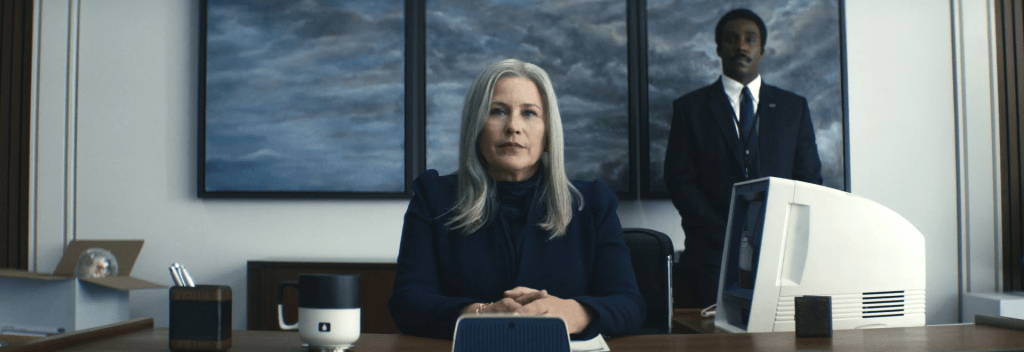
The Company Is Not Your Friend
I wrote the article below for Wireframe, a British game dev magazine which ‘lifts the lid on video games’. And, inexplicably, lets me have a monthly column.
When you’re looking at a payroll of 9,800 names, it’s hard to see the human in the numbers. ‘Developers 1 through 799 have to go,’ you sigh, fleetingly considering the pain of telling Developers 1 through 799 their fate. Of course, you don’t have to. You’re just the finance guy. And this is just the best thing for the company.
Activision’s decision to lay off 800 employees at the same time as posting record earnings makes their priorities clear. It’s unusually brazen: the company are unapologetically exchanging employees for money, money that seems destined to flow into shareholders’ pockets or into other Activision games (themselves money-making vehicles which also flow into shareholders’ pockets). I’m not anti-capitalist, but I can see why people are miffed.
The thing is, the company is never your friend. It’s never on your side. Even when it’s run by benevolent humanists, the company and its employees have fundamentally opposing agendas: companies want to make money, people want to get paid. People who work for a company may value humans over cash, but the company itself doesn’t.
There are many pragmatic reasons why businesses might want to treat staff well: it’s more expensive to replace staff than retain them, mistreatment breeds bad PR, happy workers are more productive and do better creative work, some people want to go to bed at night feeling like they’re not a bastard. But if it ever comes down to a choice between ‘do the right thing’ and ‘secure company funds’, most people with a significant personal stake in the company’s finances choose the latter.
Again and again, I see developers expect their small indie studios to look out for them, or their kindly middle-manager protect them from the unknowable AAA board they’ve never met. I wish developers would place less faith in the machine, living as we are in an industry that makes a lot of money and fires a lot of people.
The problem, as it usually is, lies in the money itself. Give perfectly decent, kind people shares in a big pot of gold and watch their priorities shift. Would you feel better about the Activision debacle if 800 people had to go, but the remaining 9,000 Activision employees got an equal share of the pie? What if you were one of those 9,000? How about if Activision had only fired 400 people and the extra cash got your project green-lit? One small studio I worked for binned four out of sixteen developers, then posted their biggest ever profit of nearly a million dollars. Choosing money over employees isn’t a problem unique to Activision, or to big business: it’s a conflict of interest in companies of every size.
I’ve heard a lot of studios describe themselves as ‘families’, and some studios do treat their people well (see ‘pragmatic reasons why you’d want to do that as a business’, above). But families fundamentally care about the people they are. Imagine your mum throwing her hands up in front of a spreadsheet and saying, ‘I’m afraid we have to let you go, dear. It’s just the best thing for the family.’
We should stop expecting companies to look after us like friends and family would, because they consistently prove that they won’t. Unions are a great start – they should force workers into companies’ priorities lists, though they’ll never get them to #1. But I’d urge everyone who works for someone to remember that companies ask you to further an agenda that isn’t yours. Don’t let them fool you into loving them for it.



